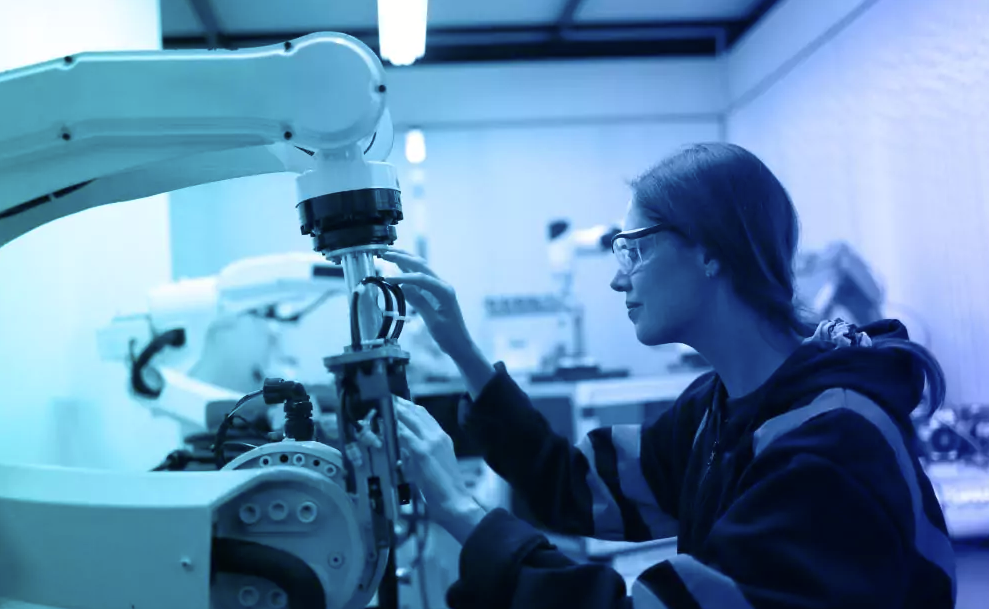In an age where technology continues to reshape various sectors, healthcare stands out as one of the most significantly impacted fields. Medical companies play a pivotal role in this transformation, harnessing innovation to enhance patient care. From revolutionary medical devices to sophisticated diagnostic tools, these companies are at the forefront of merging engineering principles with medical needs, creating solutions that address the complexities of healthcare.

Content
The Role of Medical Engineering Companies in Healthcare
Medical engineering companies specialise in the design, development, and manufacture of medical devices and technologies. Their work encompasses a wide range of products, including diagnostic imaging systems, surgical instruments, wearable health monitors, and advanced prosthetics. By focusing on the intersection of engineering and medicine, these companies aim to improve patient outcomes and streamline healthcare processes.
The contributions of engineering companies are crucial, especially in an era characterised by an ageing population and increasing chronic disease prevalence. As healthcare demands evolve, the need for innovative solutions becomes imperative. These companies employ interdisciplinary teams, comprising engineers, medical professionals, and designers, to create products that are not only effective but also user-friendly and accessible.
Innovative Technologies Shaping Patient Care
One of the most significant areas where engineering companies have made a remarkable impact is in diagnostic technologies. Advanced imaging systems, such as MRI and CT scanners, enable healthcare providers to visualise internal organs with unprecedented clarity. These innovations lead to quicker and more accurate diagnoses, ultimately improving treatment plans and patient outcomes.
In addition to imaging technologies, engineering companies are developing wearable devices that monitor vital signs and track health metrics in real time. These devices empower patients to take control of their health by providing immediate feedback and insights. Continuous monitoring allows healthcare providers to intervene earlier in the case of anomalies, potentially preventing complications and reducing hospitalisation rates.
Redefining Surgical Practices Through Engineering
Surgical procedures have undergone a significant transformation due to advancements in medical engineering. Robotic-assisted surgery, for instance, allows for greater precision and control during operations. Surgeons can perform minimally invasive procedures with enhanced dexterity, resulting in less trauma to the patient, reduced recovery times, and lower infection rates. The integration of robotic systems demonstrates how engineering companies are not only innovating but also redefining traditional surgical practices.
Furthermore, the development of 3D printing technologies has opened new avenues for custom medical devices and implants. Surgeons can create patient-specific models based on individual anatomy, leading to improved surgical planning and execution. This tailored approach enhances the effectiveness of procedures and provides patients with better-fitting implants, ultimately enhancing their quality of life.
Enhancing Patient Engagement and Experience
Patient engagement is a critical aspect of effective healthcare delivery. Medical engineering companies are increasingly focusing on designing technologies that enhance the patient experience. User-friendly interfaces and intuitive designs are essential in ensuring that patients can easily navigate and utilise medical devices. For instance, telehealth platforms developed by these companies enable remote consultations, allowing patients to receive care from the comfort of their homes.
Moreover, mobile health applications have emerged as a valuable tool for patient engagement. These applications not only facilitate communication between patients and healthcare providers but also offer educational resources and health tracking capabilities. By leveraging technology, engineering companies are fostering a more interactive relationship between patients and their care teams, ultimately leading to improved health literacy and outcomes.
Addressing Challenges in Healthcare Delivery
Despite the many advancements made by engineering companies, challenges remain in the healthcare landscape. One of the primary obstacles is the regulatory environment surrounding medical devices. Ensuring safety and efficacy is paramount, but navigating the approval process can be complex and time-consuming. Companies must invest significant resources in research and development to meet stringent regulatory standards.
Additionally, the integration of new technologies into existing healthcare systems can be daunting. Healthcare providers often face challenges in adopting and implementing innovative solutions due to costs, training requirements, and potential disruptions to workflows. Medical engineering companies must work closely with healthcare institutions to facilitate smooth transitions and demonstrate the value of their products.
Future Trends in Medical Engineering
The future of medical engineering holds immense potential for further advancements in patient care. As technology continues to evolve, the integration of artificial intelligence and machine learning into medical devices is on the rise. These technologies can analyse vast amounts of data, offering predictive analytics that can improve clinical decision-making. For instance, AI algorithms can assist in diagnosing conditions by analysing medical imaging data, thereby enhancing accuracy and speed.
Another trend is the growing focus on personalised medicine. Engineering companies are increasingly designing devices and therapies tailored to individual patient needs. This shift towards personalised healthcare not only improves treatment effectiveness but also enhances patient satisfaction.
Conclusion
Medical engineering companies are at the forefront of innovation, driving significant advancements in patient care through cutting-edge technology and design. Their contributions span various aspects of healthcare, from diagnostic tools to surgical procedures and patient engagement platforms. As these companies continue to push the boundaries of what is possible in medical technology, the future of healthcare looks brighter than ever.
By embracing collaboration, addressing challenges, and remaining committed to enhancing patient outcomes, medical engineering companies are transforming the healthcare landscape. Their role is not merely to create devices but to provide solutions that save lives and improve the overall quality of care. As we move forward, the ongoing partnership between engineering and medicine will undoubtedly yield even more remarkable innovations, ultimately benefiting patients worldwide.

I’m Kelly Hood! I blog about tech, how to use it, and what you should know. I love spending time with my family and sharing stories of the day with them.







